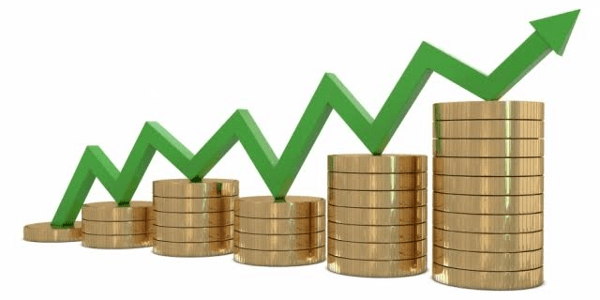Great Report for Indonesian Economic Growth
by: Willy Siahaan *
Since starting to lead Indonesia precisely in October 2014, President Joko Widodo (Jokowi) and Vice President Jusuf Kalla (JK) have high targets in national economic growth. Jokowi-JK set a target for economic growth at the level of 7%. The target is also included in the national mid-term development plan (RPJMN). Positive notes are attached to the Jokowi-JK Government towards the realization of the Nawa Cita program target, which is translated into the 2015-2019 RPJMN with the approval of the Indonesian Parliament. If the economy can grow 7%, then Indonesia can get out of the middle income trap country.
In the RPJMN, the 2018 inflation target is maintained at the level of 3.5%. At least, until last September the inflation rate could be maintained at the level of 1.94%. The positive record of inflation was also inscribed last year which could be reduced by 3.61% or below the RPJMN target of 4%. The existence of a food price task force (task force), infrastructure development correlates with the maintenance of prices of basic necessities.
Businessmen also gave blue report cards to the 4-year performance of Jokowi-JK. Many awards were given by the international community to Indonesia. Some of them are from rating agencies that place Indonesia as an investment-worthy country. The World Bank (World Bank) also helped increase the ranking of business convenience in Indonesia to 72 from the previous 91 years.
A number of infrastructures have been built by Jokowi with economic justice targets as well as in Papua. From the data from the Ministry of Public Works and Public Housing (PUPR), in the Jokowi era, at least 3,103 kilometers of a total of 3,259 kilometers of Trans Papua road were broken.
Government attention to Small and Medium Enterprises is also considered good because there are People’s Business Credit (KUR), village funds, and certificates. This year, the number of KUR allocations channeled is targeted to reach Rp 120 trillion, up significantly from 2017 by Rp 96.7 trillion and Rp 94.4 trillion in 2016. Jokowi focuses on balancing supply and demand sides (supply side and demand side) so that structural transformation in the economy can be realized. If it is only the demand side, only monetary policy is tampered with.
Achievement of poverty reduction is at the lowest level in history. Even the problem of inequality is at the best ratio position for 7-8 years at 0.389, until the unemployment rate is only 5.13%. The last four years of inflation can be proud of because it is approaching a country that has realized a low inflation rate of around 3.5%.
Until now, the government still continues to design economic transformation with a number of policies such as vocational education to agrarian reform. Other steps such as integrated online licensing (OSS) to one map policy support are still being implemented. The government also developed tax holiday incentives (tax holidays) for several investment sectors.
Development achievements carried out by President Jokowi deserve a blue report card with a value above average. These achievements cannot be separated from reliable ministers who assist the President’s duties according to their fields and capabilities. In addition, community participation in the success of programs cannot be underestimated. The community is a key factor in the success of development for the awareness and determination power to bring Indonesia into a more developed country.
*) The Author is a student of North Sumatra University North Sumatra
